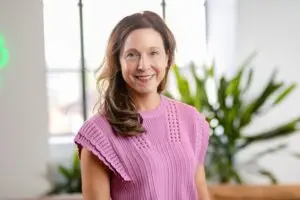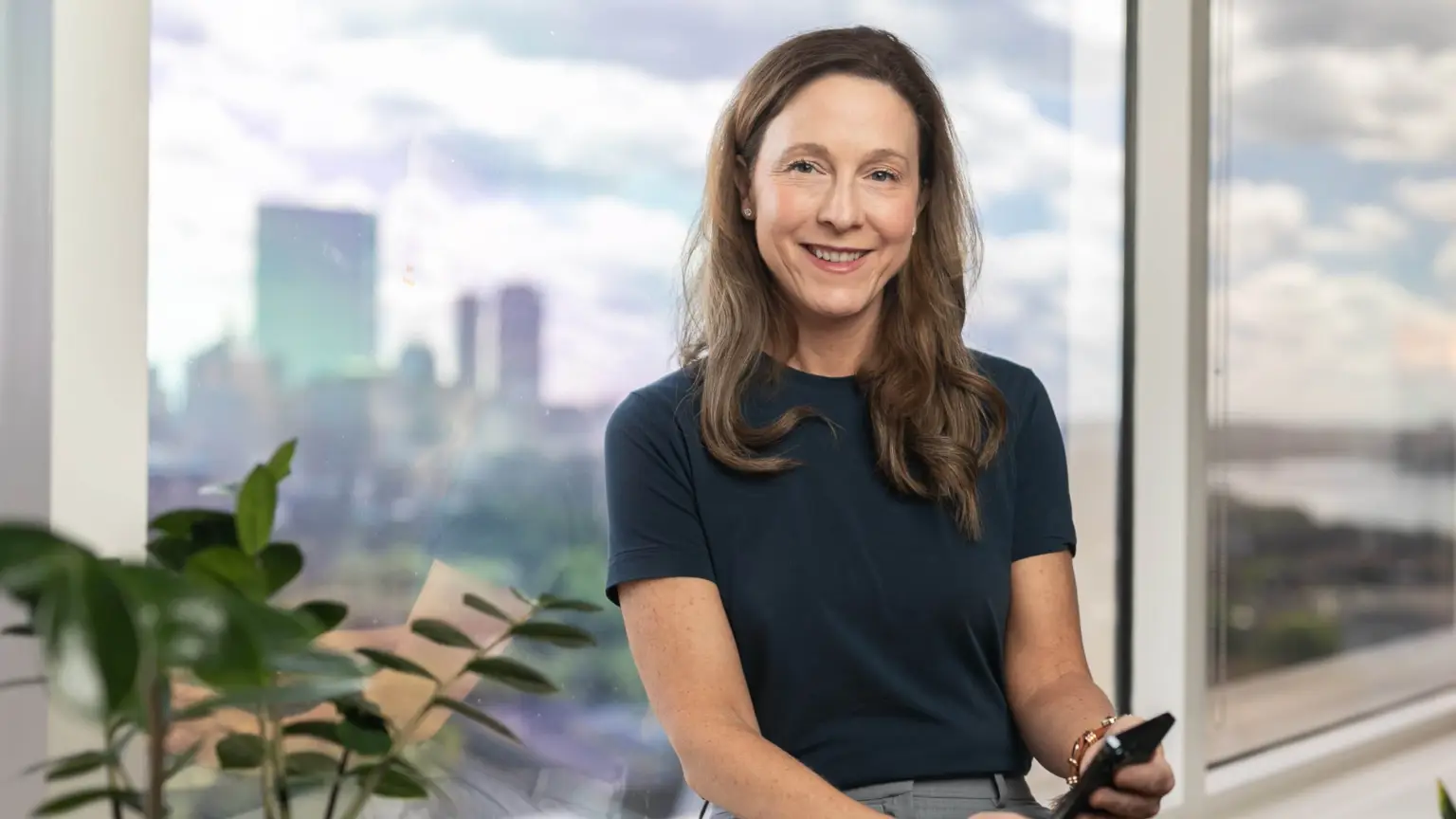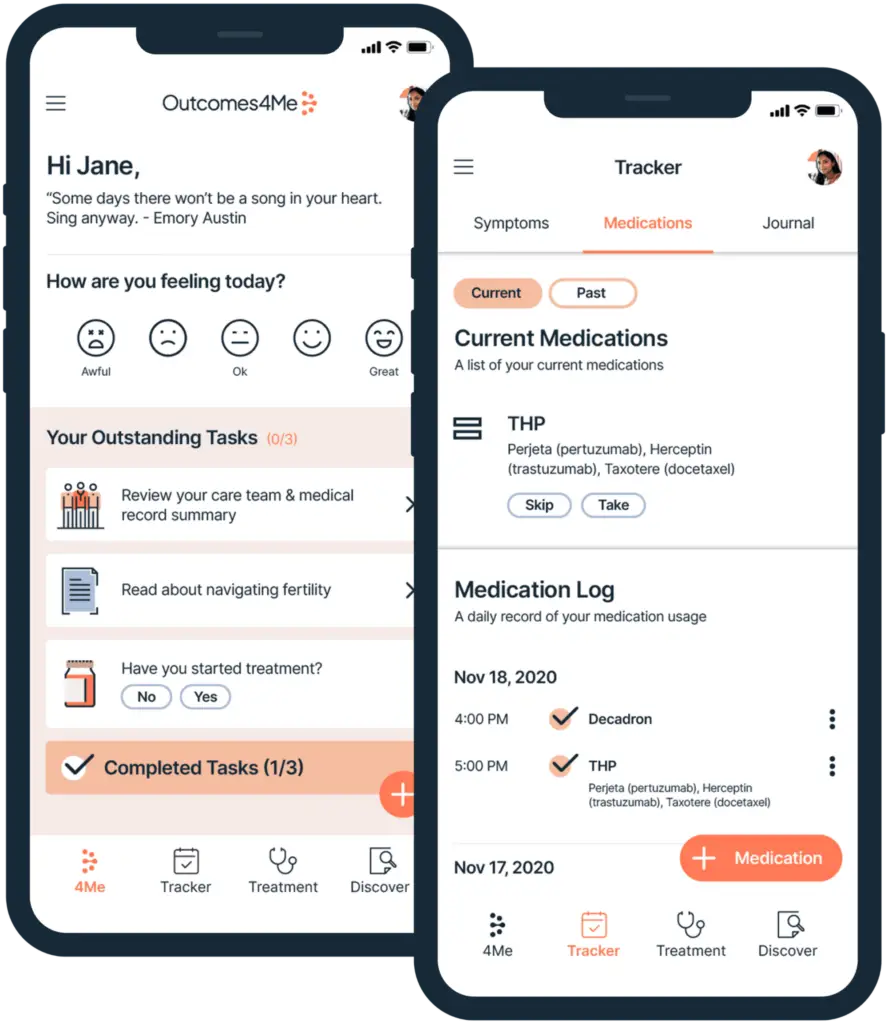I couldn’t shake off the feeling that something wasn’t right, so I reached out to my OBGYN for her opinion. She took one look at the mammogram report and referred me to a surgical oncologist, where I learned that due to extremely dense breast tissue, a mammogram wasn’t the best imaging modality for me and could miss cancer. My doctor ordered an MRI, which ultimately revealed a shocking five-centimeter Invasive Ducal Carcinoma tumor in my right breast with lymph node involvement.
Shortly after I was diagnosed with breast cancer, a worrisome CT scan suggested the worst-case scenario. Doctors suspected that the breast cancer had metastasized. Two surgeries and seven weeks passed while I waited to find out if the nodules on my lungs were cancerous. It was an exhausting and humbling time. About 6% of those diagnosed with breast cancer receive a de novo metastatic diagnosis which means that cancer has already spread to other parts of the body. Metastatic breast cancer can be treated, but it can’t be cured.
In the end, my lung biopsy results came back negative for cancer. The nodules on my lungs were due to a secondary diagnosis of pulmonary sarcoidosis. I was not metastatic after all. In most scenarios, receiving a stage 2 cancer diagnosis is not great news, but for me, it was a huge relief and I was overwhelmed with gratitude for the hope it provided. But I couldn’t unknow all that I had learned about the unpredictability of this diagnosis and the knowledge that I would always have to carry the very real possibility of a recurrence with me.
I now understood the importance of self-advocacy and an ambitious care team. Once my active treatment for breast cancer concluded, I started to think about preventing recurrence–and I returned to self-advocacy. When faced with a cancer diagnosis, we often feel helpless, overwhelmed and unsure of what to do next. I was very fortunate to have stumbled upon Outcomes4Me, an app that provided a glimmer of hope to empower me with the latest clinical trial information and helped me take control of my treatment plan.
Through the app, I found a clinical trial with a promising drug meant to reduce the risk of recurrence in my type of breast cancer. Even though clinical trials are sometimes the best option, less than 5% of adult oncology patients enroll in them. In my case, my doctor never mentioned them. I brought the trial to my oncologist who–after some reluctance–agreed I should investigate. I ended up joining that trial, and am doing well four years post-initial diagnosis. I was so inspired by my own journey that I left my previous company and started working for Outcomes4Me. I want to help others gain access to care and treatment information–so all patients can have a stronger voice in discussions with our care teams.
Who knows how many lives could be changed if more patients had access to the latest clinical trial and treatment information? The sky’s the limit, and Outcomes4Me is leading the charge toward a brighter future for cancer patients everywhere.
To ensure you’re aware of the latest treatment options and trials relevant to your diagnosis, complete our in-app diagnostic questionnaire.





